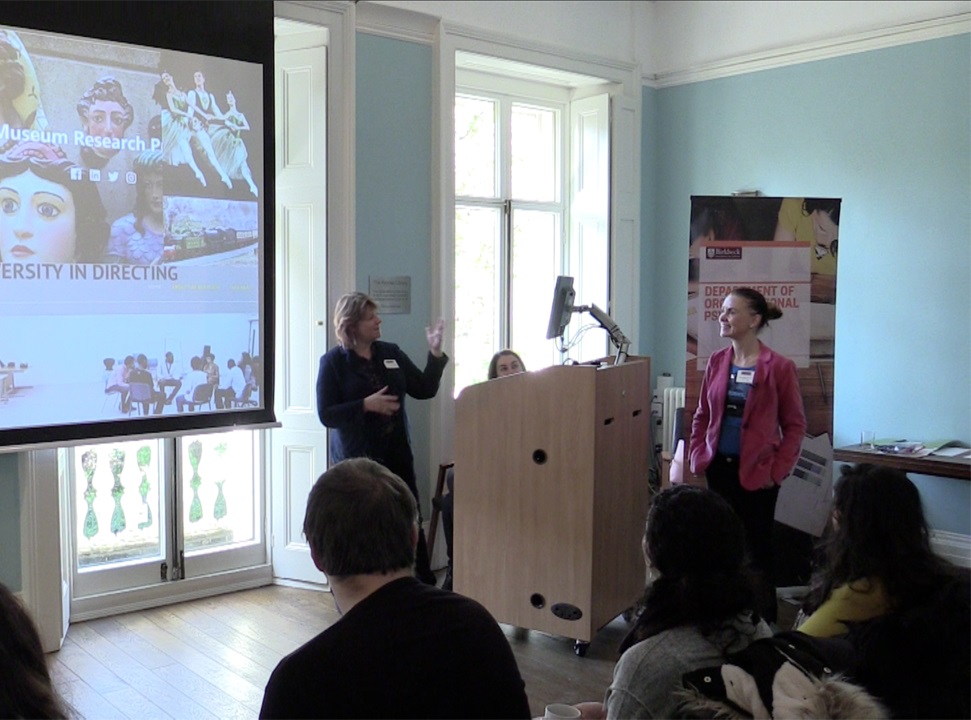An epiphany led to Natalie Pulfer selling up her house, moving to London and embarking on a two year MA Arts Policy and Management degree at Birkbeck. This is her #BBKgrad story.
Natalie Pulfer is no stranger to the performing arts world having previously performed at the Royal Albert Hall with a background in local theatre. Yet, she put all of her creative ambitions aside to become a social worker and for the past 20 years has worked within the field, with specific responsibilities for children’s services.
Three years ago, she recalls waking up one day deciding that it was time to revisit her passion and look at ways of getting back into the Arts. She says, “I’m originally from Suffolk and I decided to sell my house, up sticks and move to London with the pure aim of getting back into the Arts somehow and this course seemed to be the best way that I could do it. I literally sold the house in April/May (2017), moved to London in September and started the MA in October. It really just all fell into place.”
The last time she had pursued academic study was in 2015, as part of continuous development for her social work career, but she relays that the Master’s was on a totally different level in terms of the approach and acquiring knowledge. To adapt to the challenge, she credits embracing the task ahead and being open to the support needed to overcome this as well as learning from others enrolled on her course in terms of easing back into learning.
Peer support was quite crucial to Natalie’s study path though she was conscious of her age and recognized that she was one of the “older ones”. However, she says she wasn’t acutely aware of this: “Everyone else was in their twenties and early thirties whereas I was in my mid to late thirties but I see that was also to do with the course I’d chosen to do. You tend to have to get into the Arts at a younger age. It was good to get those people around me with their energy. I quite enjoyed that.”
The flexibility of the Birkbeck learning model was also noted as pivotal to her study success and whilst she was working all day until 5pm and then having to go off to study at 6pm, she shares that she might have gone in lectures tired but never left tired. She would be doing 9am-9pm days, getting home at 10pm but shares, “The energy that you got from it was just great. You didn’t feel that you couldn’t engage and that was down to the tutors, really. They brought a lot of energy to it.”
Natalie studied her course over two years, on a part-time basis and whilst the experience was hugely beneficial; with her recently taking on some production work for an online festival and some further work with a production company, she notes that it wasn’t without its challenges. In her second year, she was diagnosed with dyslexia but found the College extremely supportive with adapting the study approach and providing technical equipment.
To anyone considering study at Birkbeck, she offers the following words of encouragement, “Just do it and don’t think about the barriers.” She adds that her social work career might have deterred her from applying elsewhere but Birkbeck identified her previous management skills and arts experience and was also able to draw on her knowledge of policy from her social work; which were all considered as part of her application.
As to the best part of studying in London, it’s clear she’s in no doubt the move from Suffolk to London was for the best. She says, “For the Arts, I think learning your craft in London is key because you have access to the theatres, arts projects and arts communities and that made a massive difference.”
Further Information

